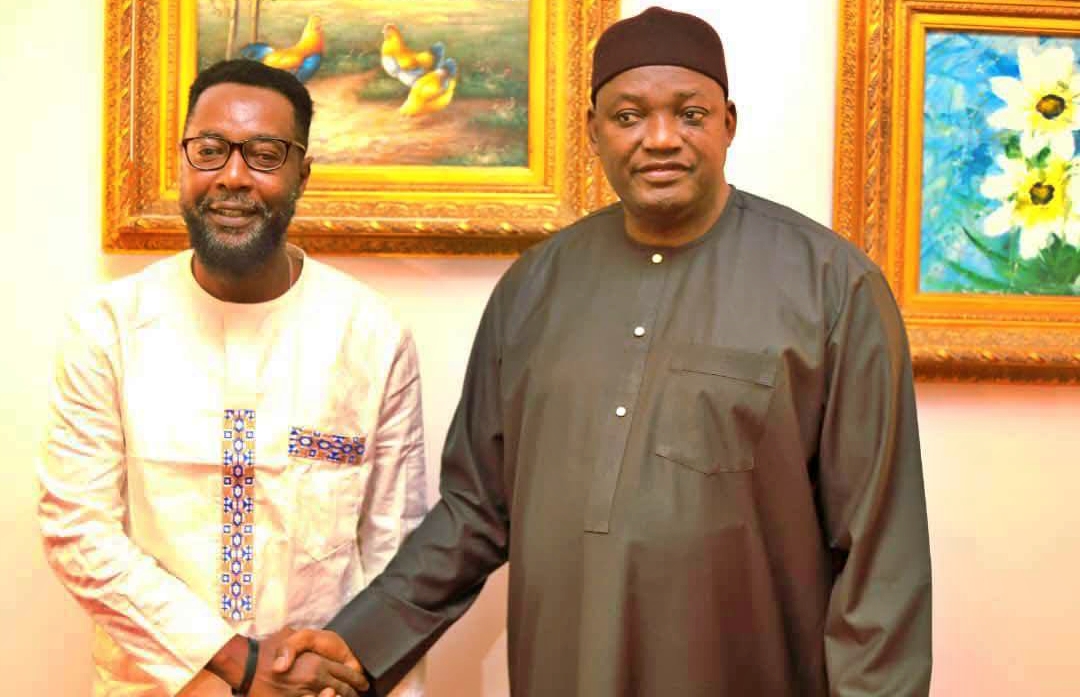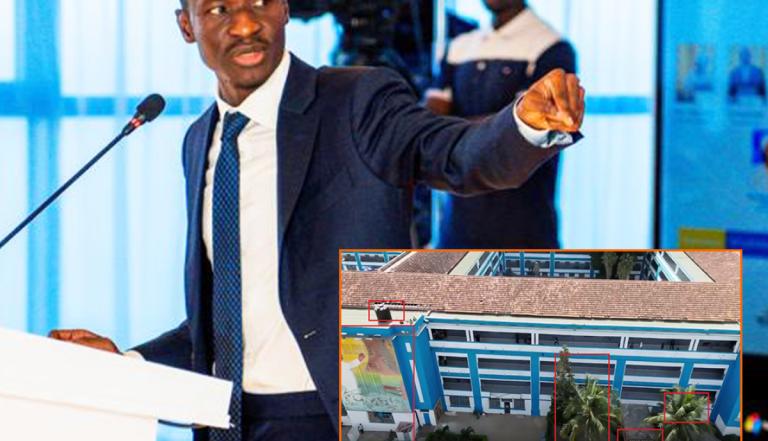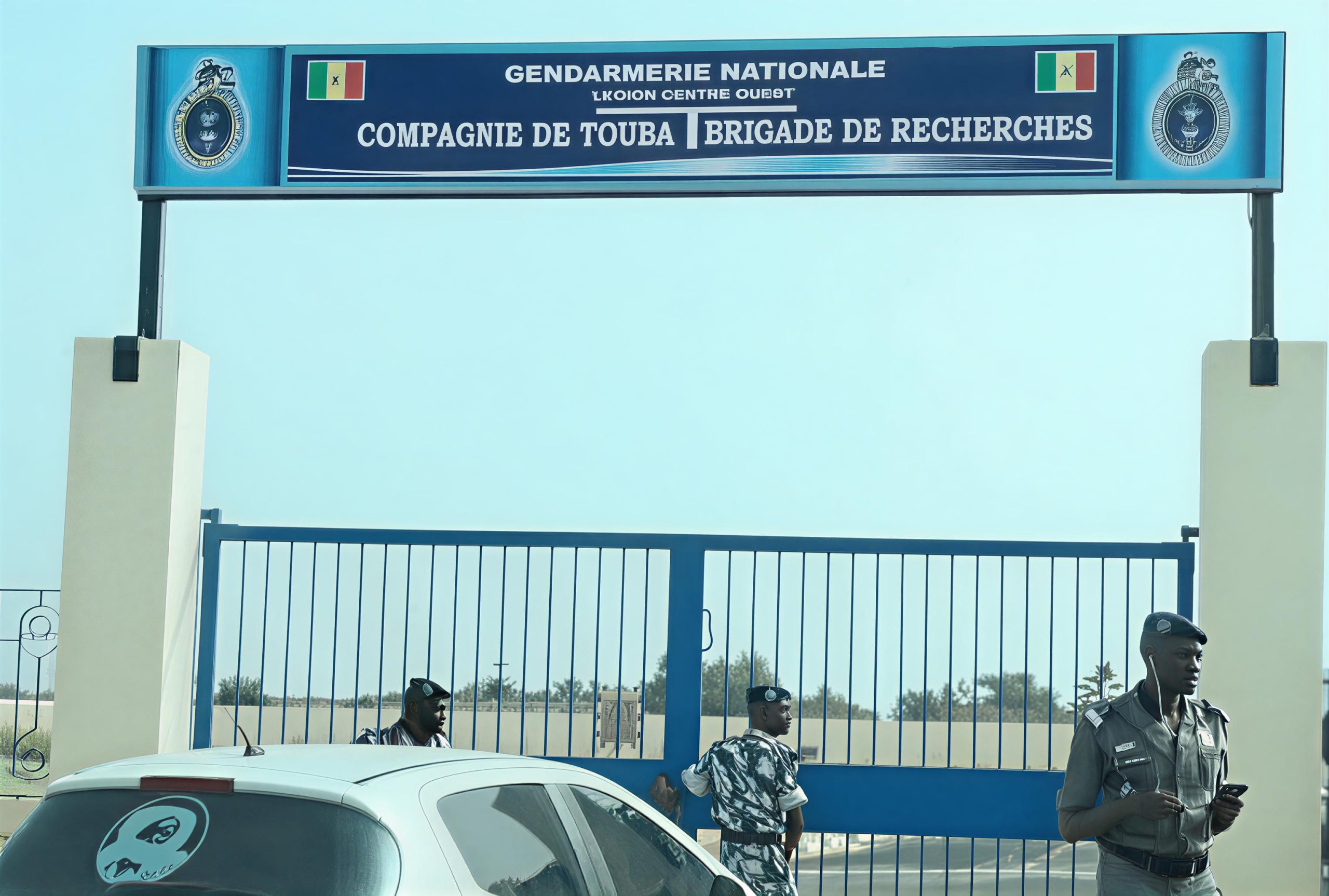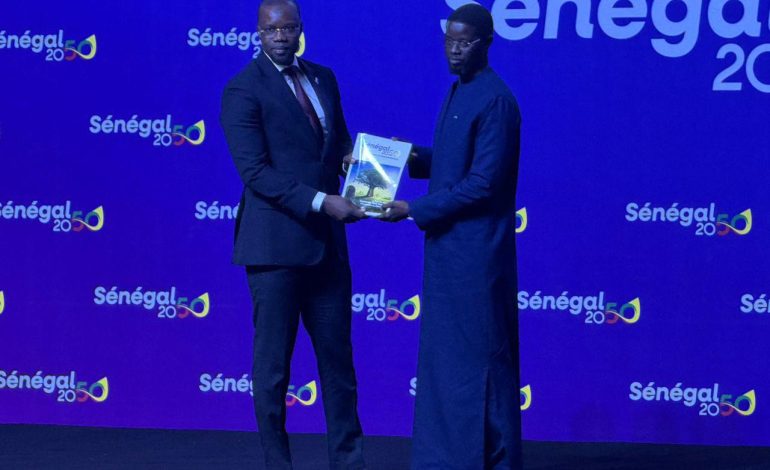Gambiaj.com – (DIAMNIADIO, Senegal) – The Senegalese government, under the leadership of President Bassirou Diomaye Faye and Prime Minister Ousmane Sonko, launched an ambitious long-term plan titled Senegal 2050: National Transformation Agenda on Monday. This strategic roadmap, introduced with much anticipation, sets forth targets to significantly elevate the country’s economic status and quality of life over the next several decades, addressing issues of underdevelopment, economic dependency, and national debt.
With the program’s unveiling taking place just weeks before Senegal’s anticipated legislative elections on November 17, the stakes are high for the newly established administration. The agenda aims for a 50% increase in per capita income, projecting a rise from $1,660 to approximately $2,468 by 2029. The government also aspires to extend life expectancy by at least three years, from nearly 69 years as of 2023.
Director General of Planning at the Ministry of Economy, Souleymane Diallo, highlighted key metrics of success for the plan, with anticipated annual economic growth reaching 6.5 to 7% between 2025 and 2029. Additionally, the government intends to lower the central state debt from 83.7% of GDP in 2023 to 70%, while the budget deficit, which averaged 10.4% over the past four years, will be reined in to a manageable 3%.
According to Diallo, fiscal reforms to achieve these goals will include broadening the tax base without raising tax rates, stringent control of current government expenditures, and better targeting of energy subsidies—which currently consume about 4% of GDP—to avoid significant impacts on electricity costs. Inflation is set to be maintained around 2% over the next five years, providing a stable economic environment for growth and development.
The Senegal 2050 plan also envisions universal access to basic services, such as water and electricity, by the close of the decade. These measures are anticipated to support Senegal’s move from the ranks of low human development to medium human development by 2029, placing the nation in a stronger position globally and setting the foundation for sustained prosperity.
The comprehensive agenda reflects Senegal’s intent to chart a path toward a self-sufficient economy and a healthier, more resilient society by 2050, marking what officials describe as a historic shift toward sustainable, people-centered development.










